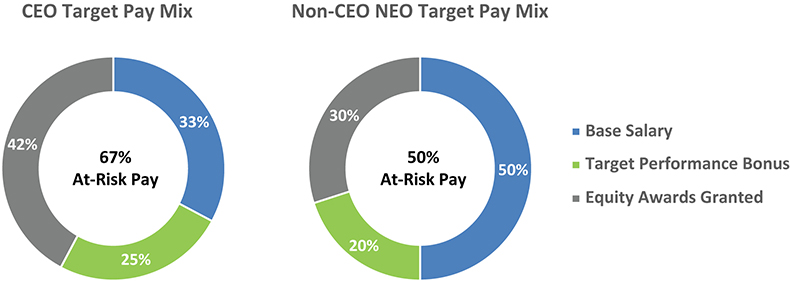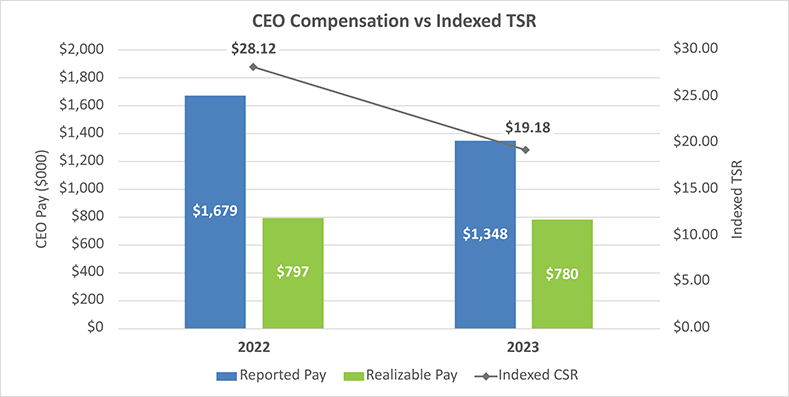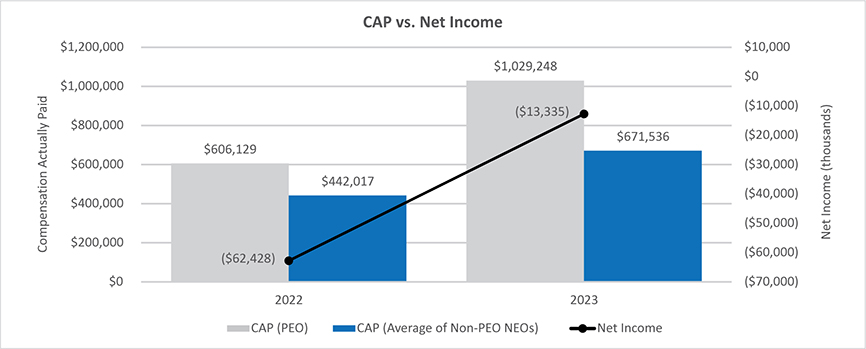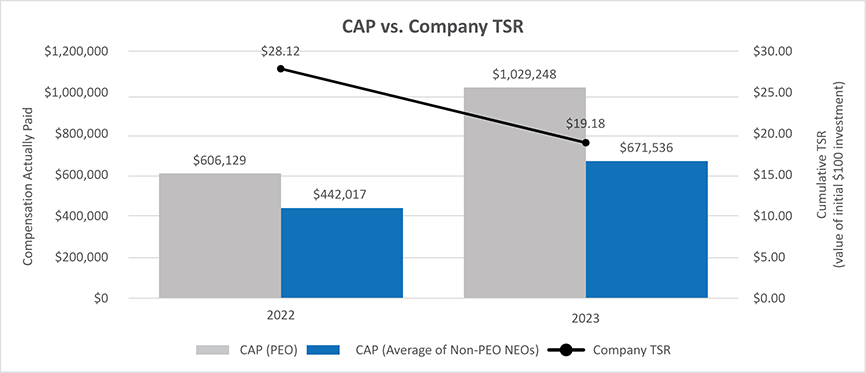What does it mean if I receive more than oneWho can vote at the Annual Meeting?
Only stockholders of record at the close of business on April 1, 2024 will be entitled to vote at the Annual Meeting. On this record date, there were 35,254,752 shares of common stock outstanding and entitled to vote.
Stockholder of Record: Shares Registered in Your Name
If, on April 1, 2024, your shares were registered directly in your name with Equillium’s transfer agent, Equiniti Trust Company, LLC (f/k/a American Stock Transfer & Trust Company, LLC), then you are a stockholder of record. As a stockholder of record, you may vote online during the Annual Meeting or vote by proxy. Whether or not you plan to register and attend the Annual Meeting, we urge you to fill out and return the proxy card that you may request or that we may elect to deliver at a later time to ensure your vote is counted.
Beneficial Owner: Shares Registered in the Name of a Broker or Bank
If on April 1, 2024,your shares were held, not in your name, but rather in an account at a brokerage firm, bank or other similar organization, then you are the beneficial owner of shares held in “street name” and the Notice shouldbe forwarded to you by that organization. The organization holding your account is considered to be the stockholder of record for purposes of voting at the Annual Meeting. As a beneficial owner, you have the right to direct your broker, bank or other agent regarding how to vote the shares in your account. You must follow the instructions provided by your brokerage firm, bank, or other similar organization for your bank, broker or other stockholder of record to vote your shares per your instructions. Alternatively, many brokers and Access Cardbanks provide the means to grant proxies or more than one set of proxy materials?
It means thatotherwise instruct them to vote your shares by telephone and via the Internet, including by providing you with a control number via email or on your Notice or your voting instruction form. If your shares are held in more than onean account with a broker, bank or other stockholder of record providing such a service, you may instruct them to vote your shares by telephone (by calling the number provided in the proxy materials) or over the Internet as instructed by your broker, bank or other stockholder of record. If you did not receive a control number via email or on your Notice or voting instruction form, and you wish to vote prior to or at the transfer agent and/virtual Annual Meeting, you must follow the instructions from your broker, bank or withother stockholder of record, including any requirement to obtain a valid legal proxy. Many brokers, banks and other stockholders of record allow a beneficial owner to obtain a valid legal proxy either online or brokers. Please vote allby mail, and we recommend that you contact your broker, bank or other stockholder of your shares. To ensure that all of your shares are voted, for each Notice and Access Card or set of proxy materials, please submit your proxy by phone, via the Internet, or, if you received printed copies of the proxy materials, by signing, dating and returning the proxy card in the envelope provided.record to do so.
Can I vote my shares by filling out and returning the Notice and Access Card?Notice?
No. The Notice and Access Card identifies the items to be voted on at the Annual Meeting, but you cannot vote by marking the Notice and Access Card and returning it. If you would like a paper proxy card, you should follow the instructions in the Notice and Access Card.Notice. The paper proxy card you may receive willwould also provide instructions as to how to authorize via the Internet or telephone your proxy to vote your shares according to your voting instructions. Alternatively, you can mark the paper proxy card you may receive with how you would like your shares voted, sign and date the proxy card, and return it in the envelope provided.
Will a list of record stockholders as of the record date be available?
For the ten days ending the day prior to the Annual Meeting, a list of our record stockholders as of the close of business on the record date will be available for examination by any stockholder of record for a legally valid purpose at our corporate headquarters during regular business hours. To access the list of record stockholders beginning May 12, 20232024 and until the day prior to the Annual Meeting, stockholders should email ir@equilliumbio.com.
Who can vote at the Annual Meeting?
Only stockholders of record at the close of business on March 23, 2023 will be entitled to vote at the Annual Meeting. On this record date, there were 34,414,149 shares of common stock outstanding and entitled to vote.
Stockholder of Record: Shares Registered in Your Name
If, on March 23, 2023, your shares were registered directly in your name with Equillium’s transfer agent, American Stock Transfer & Trust Company, LLC, then you are a stockholder of record. As a stockholder of record, you may vote online during the Annual Meeting or vote by proxy. Whether or not you plan to register and attend the Annual Meeting, we urge you to fill out and return the proxy card that may be delivered to you or vote by proxy over the telephone or on the internet as to ensure your vote is counted.
Beneficial Owner: Shares Registered in the Name of a Broker or Bank
If, on March 23, 2023, your shares were held, not in your name, but rather in an account at a brokerage firm, bank or other similar organization, then you are the beneficial owner of shares held in “street name” and the Notice and Access Card or the proxy materials, if you elected to receive a hard copy, has been forwarded to you by your broker, bank or other nominee who is considered, with respect to those shares, the stockholder of record. As a beneficial owner, you have the right to direct your broker, bank or other agent regarding how to vote the shares in your account. You are also invited to attend the Annual Meeting. However, since you are not the stockholder of record, you may be instructed to obtain a legal proxy from your broker, bank or other nominee and to submit a copy in advance of the meeting in order to vote your shares at the Annual Meeting. Further instructions will be provided to you as part of your registration process.
What am I voting on?
There are fourfive matters scheduled for a vote:
Proposal 1: Election ofTo elect the Board’s three nominees for Class II director named hereinas nominees in this Proxy Statement to hold officeserve until the 2026 annual meeting2027 Annual Meeting of stockholders;Stockholders and their successors are duly elected and qualified, or until their earlier death, resignation or removal;
2




















